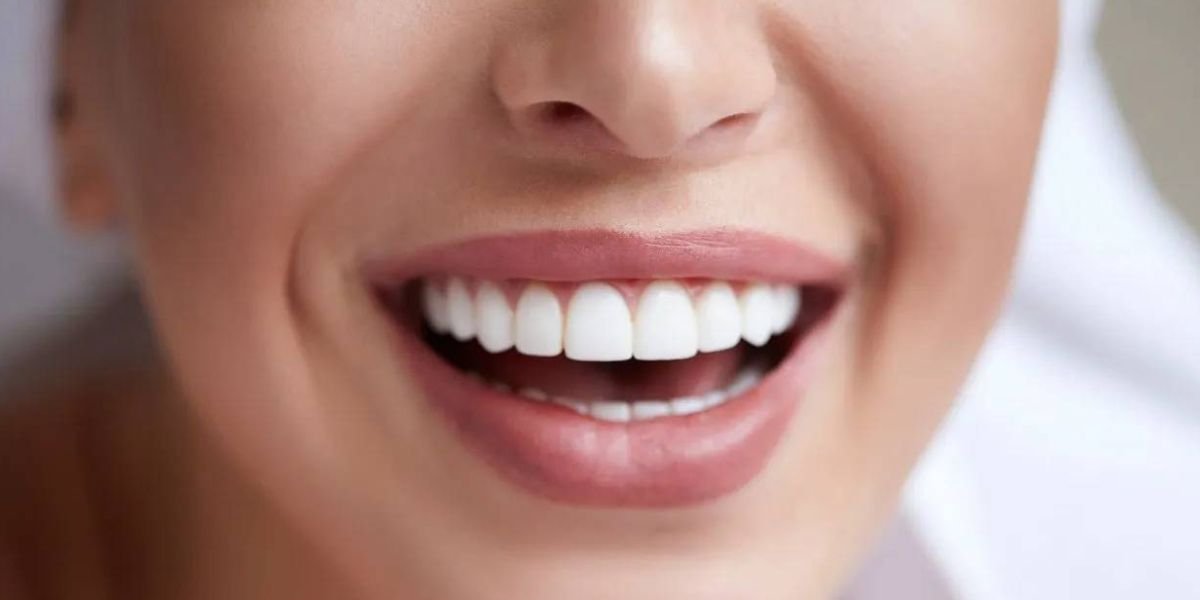Choosing the perfect cosmetic dental solution to enhance your smile can be challenging, especially with options like Non-Prep Veneers in Dubai and traditional veneers available. Both offer unique benefits and potential drawbacks, and understanding these can help you make an informed decision tailored to your dental needs and aesthetic goals. This article explores the key differences between non-prep and traditional veneers, highlighting their advantages and limitations to guide you toward the best choice.

What Are Non-Prep Veneers?:
Non-prep veneers are ultra-thin shells made from high-quality porcelain or composite resin that adhere directly to the surface of your teeth without requiring enamel removal. This minimally invasive approach means the natural tooth remains largely intact, making the procedure quicker and less uncomfortable. Non-prep veneers are ideal for patients with minor cosmetic concerns such as slight discoloration, small gaps, or mild misalignment.
What Are Traditional Veneers?:
Traditional veneers involve the removal of a thin layer of enamel from your teeth to allow space for thicker, more durable porcelain shells. This process usually requires multiple dental visits, including preparation, impressions, and bonding. Because enamel is removed, traditional veneers are a more permanent cosmetic solution suitable for correcting a wide range of dental issues, including severe discoloration, chipped teeth, or significant misalignment.
Advantages of Non-Prep Veneers:
The primary advantage of non-prep veneers is their conservativeness. Since they don’t require enamel removal, patients experience minimal discomfort and a faster recovery. Non-prep veneers also preserve the natural tooth structure, making the treatment reversible in many cases. Additionally, these veneers can often be placed in fewer appointments, offering a quicker path to a brighter smile. Their thinness allows for a natural look, blending seamlessly with existing teeth.
Advantages of Traditional Veneers:
Traditional veneers provide greater versatility and durability, making them suitable for a broader range of cosmetic and structural dental problems. Because of the enamel removal, they fit snugly and are less likely to cause bulkiness or affect your bite. These veneers are typically more resistant to staining and chipping due to their thicker porcelain composition, often lasting 10 to 15 years with proper care. Traditional veneers are a preferred choice for those seeking dramatic smile transformations.
Limitations of Non-Prep Veneers:
While non-prep veneers offer minimal invasiveness, they are not suitable for all cases. Their ultra-thin design means they may lack the strength needed for teeth with significant damage or discoloration. Non-prep veneers might also create a bulkier appearance if the teeth are naturally prominent, as no enamel is removed to accommodate the veneer thickness. Additionally, the longevity of non-prep veneers can be slightly less than traditional options, requiring careful maintenance.
Limitations of Traditional Veneers:
The main drawback of traditional veneers is the irreversible removal of enamel, which permanently alters your teeth. This means if veneers are damaged, replacements or other restorative procedures become necessary. The procedure can be more invasive and may cause temporary tooth sensitivity post-treatment. Also, traditional veneers generally require more dental visits, which can be time-consuming and costly.
Cost Comparison:
Cost is often a deciding factor between non-prep and traditional veneers. Non-prep veneers may have a higher upfront price due to their advanced materials and customization, but they can save money on anesthesia and multiple appointments. Traditional veneers can be costly because of the complexity of preparation and lab work, but they offer long-lasting results that might reduce the need for frequent replacements. Prices vary widely depending on the clinic and location, especially for Non-Prep Veneers in Dubai where premium dental services are offered.
Suitability and Patient Considerations:
Choosing between non-prep and traditional veneers depends largely on your dental condition and personal preferences. Non-prep veneers suit patients looking for a quick, less invasive cosmetic fix with minimal alteration to their natural teeth. Traditional veneers are better for those requiring extensive correction and durability. A thorough consultation with a skilled cosmetic dentist in Dubai can help evaluate your teeth and suggest the most appropriate option.
Maintenance and Longevity:
Both types of veneers require good oral hygiene practices to maintain their appearance and longevity. Traditional veneers, being thicker and more durable, typically last longer but may require occasional replacement after 10-15 years. Non-prep veneers might need more careful handling to avoid chips or damage due to their thinner design, and their lifespan can range from 5 to 10 years depending on care. Regular dental check-ups are crucial to monitor the condition of your veneers.
Final Thoughts:
Deciding between Non-Prep Veneers in Dubai and traditional veneers depends on your specific dental needs, budget, and desired outcome. Non-prep veneers offer a conservative, quick, and reversible solution ideal for minor cosmetic improvements. On the other hand, traditional veneers provide a durable, comprehensive option for more significant dental issues but involve irreversible enamel removal. Consulting with an experienced cosmetic dentist will ensure you receive tailored advice and high-quality treatment, helping you achieve the smile you’ve always wanted with confidence.

